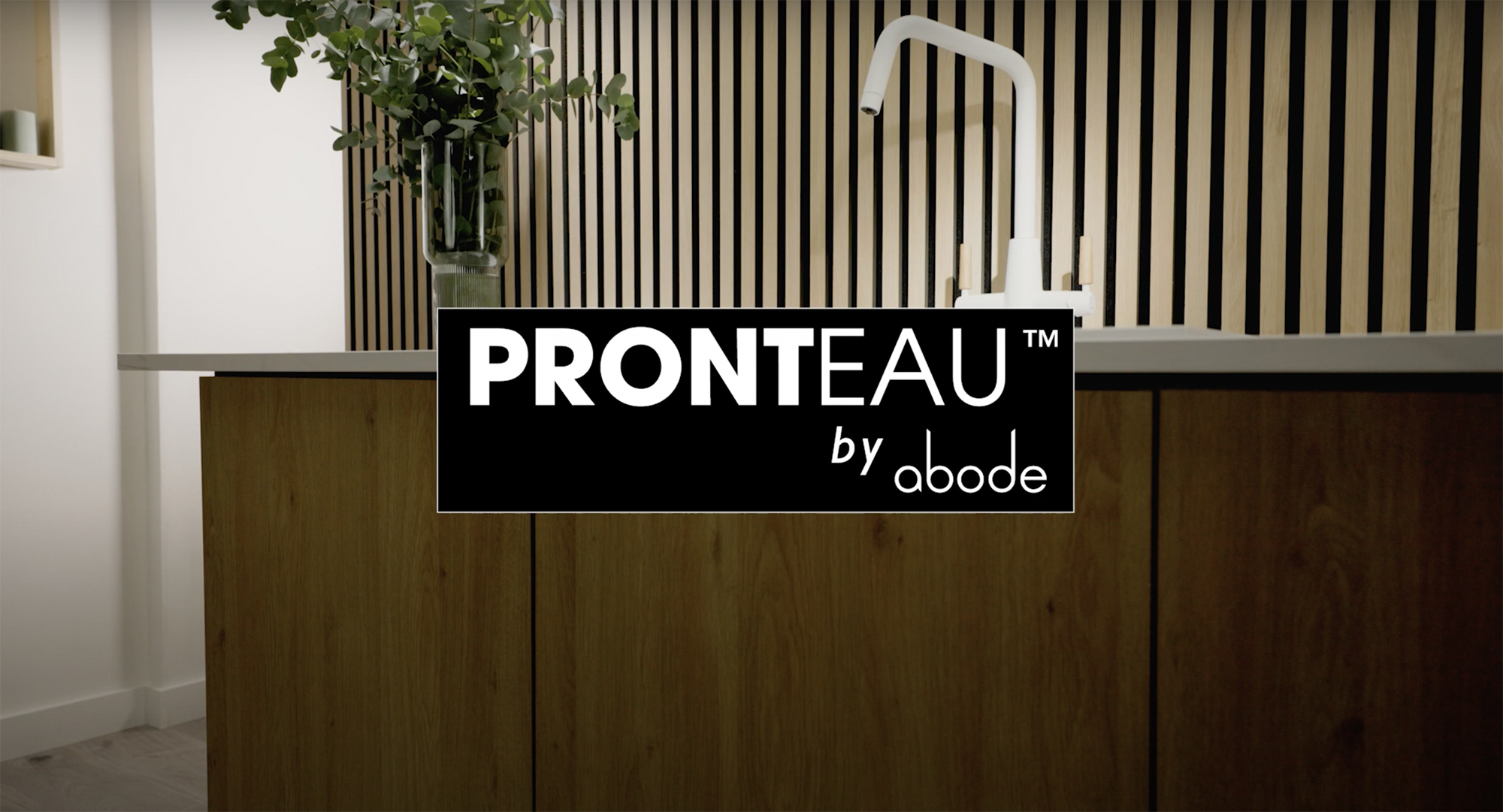Confidence has held up well in the first quarter of 2018 despite the continuing uncertainties arising from the Brexit negotiations.
The economic conditions have been challenging but the KBB sector remains positive. This was certainly the mood at the recent KBB Birmingham exhibition; businesses that took part reported the investment had been worthwhile with positive interest and firm orders being generated.
The Brexit situation has been with us for so long now, it has become a backdrop, and for many the business of planning ahead continues.
Sponsored Video
The Confederation of British Industry produced figures in March, which showed Britain’s private sector slowed in the first three months of the year. But it predicts growth will pick up in the second quarter.
Consumer confidence
Fortunes in the KBB sector are dependent on the willingness of the consumer to keep spending, despite worries there are still more austerity measures to come and that their wages will not keep up with inflation rises.
Other major household purchases, such as cars, have experienced a drop in sales during this first quarter – but this could be more to do with the fall in sale of diesel cars rather than Brexit.
Consumer confidence has improved slightly. A recent survey by market research firm GfK reported that consumers were their most confident in 10 months in March and suggested that they took comfort from a fall in inflation and the recent Brexit transition deal.
And anecdotal evidence from our members is footfall continues to be good and consumers are confident enough for them to predict future growth.
Based on official figures from GfK, showing growth in the built–in market, we would expect this to continue, with rises of 5% by volume and 10 % by value for the next three months.
Members are also confident the government is committed to building more houses and supporting the housebuilding industry.
This is evidenced by figures from the National House Building Council (NHBC) that show the highest level on new builds in 2017 for the last 10 years.
Unemployment is also at an unprecedented 40 year low, another key factor that impacts positively on consumer confidence.
High street woes
Despite all of these indicators, the high street is clearly suffering with 2018 already proving to be a difficult year for many stores. Big names such as Toys R Us and electronics retailer Maplin have collapsed in recent weeks.
Restaurant chains Jamie’s Italian and Prezzo have also announced closures and fashion chain New Look and department store group House of Fraser are also in financial trouble.
The picture from independent kitchen retailers is not so bleak but it is patchy, some businesses are thriving and others are finding it more difficult.
There will be challenges ahead with some of these coming from suppliers, price increases and products being removed from the market, in particular.
The Government is predicting, as Brexit moves on this year, there will be opportunities for businesses and the same is true for independent kitchen retailers.
Brexit will not have a huge impact on consumer confidence but the implications on exchange rates and international trade will be felt.
Retailers must manage their business to be robust and flexible, able to respond to changing economic conditions while still offering a desirable and value for money service to its customers – a challenge that the Kbsa can help them meet.



